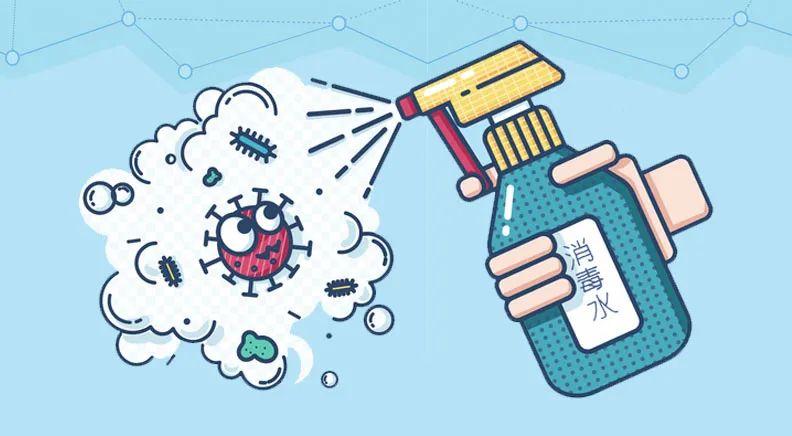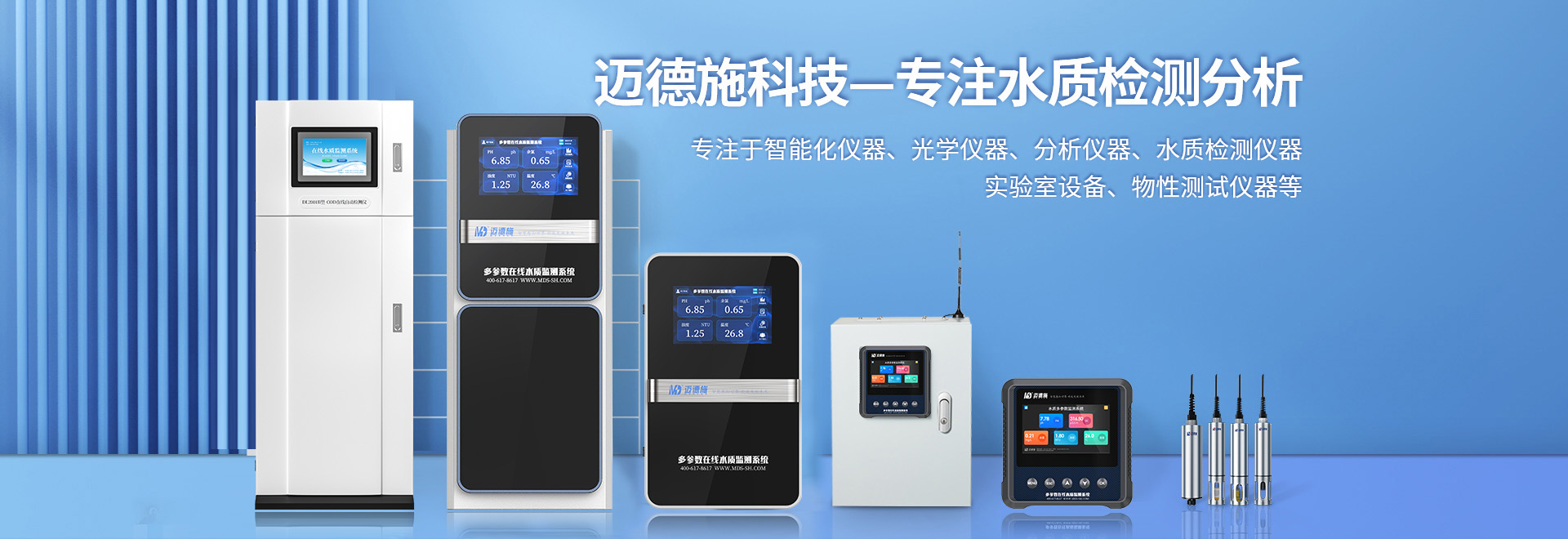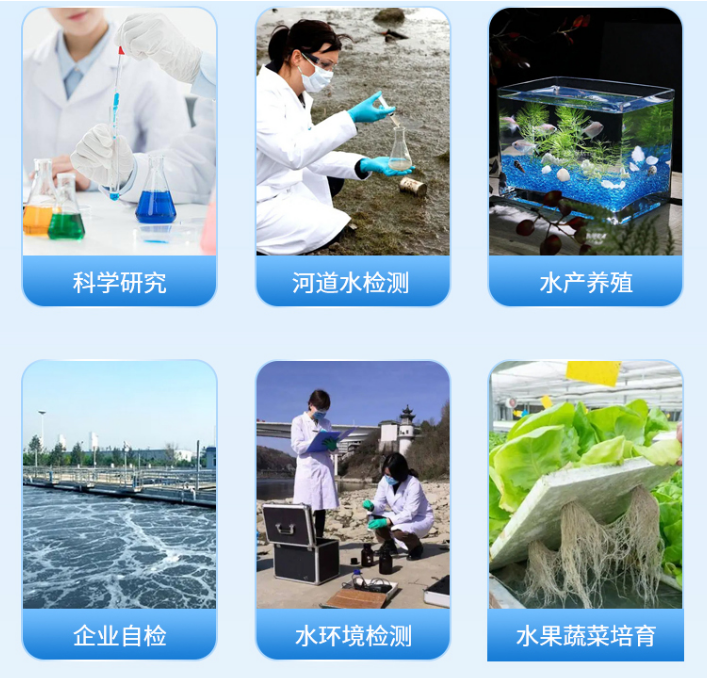Stop Using the Wrong Residual Chlorine Standards! There Are Big Differences in Values for Drinking Water, Medical, and Food Processing. A Guide for Enterprises to Avoid Pitfalls in Monitoring
In the process of production and operation, the use of residual chlorine standards cannot be taken lightly. Once, a food factory produced products with abnormal taste and a significant decline in sales because the residual chlorine in the cooling water exceeded the standard. Also, a hospital was criticized by relevant departments for the sub - standard residual chlorine in its dialysis water. These real - life examples are all caused by enterprises' failure to understand the industry - specific residual chlorine standards. Now, let's have a detailed explanation from Medesh Chlorine Residual Water Quality Analyzer Manufacturer.

Why do residual chlorine standards vary across different industries?
The core logic behind this is that different industries have different balance requirements for "sterilization intensity" and "safety". Take drinking water for example. It is necessary to ensure that bacteria in the water are effectively killed while also considering the taste. If the residual chlorine content is too high, the water will have an unpleasant odor, affecting the drinking experience. For medical water, it must be absolutely sterile, so the requirements for residual chlorine are naturally more stringent.
Now, let's take a look at the comparison of residual chlorine standards in different industries and the points that enterprises need to pay attention to.

1. Drinking Water Industry
There are clear national standards for the lower and upper limits. The lower limit is to ensure the sterilization effect, allowing people to drink safe water, while the upper limit is to avoid unpleasant odors. Enterprises can use an online automatic water quality monitor, which can be linked with chlorine - dosing equipment. It can automatically adjust the chlorine - dosing amount according to real - time monitoring data to ensure that the residual chlorine content is always within the standard range.
2. Swimming Pool Operators
They need to keep the residual chlorine "dynamically stable". When there are a large number of people in the pool, the number of bacteria and pollutants in the water increases, so the residual chlorine value needs to be increased to ensure water quality. The traditional manual chlorine - dosing method is difficult to control accurately, and it is easy to over - dose or under - dose. An online residual chlorine detector can monitor the residual chlorine content in real - time and adjust the chlorine - dosing amount in time to ensure the safety of the pool water quality.
3. Medical Industry
The requirements for residual chlorine standards are even more stringent. For water used in dialysis, instrument cleaning, etc., the residual chlorine content must be strictly controlled at an extremely low level. Once it exceeds the standard, it may harm the health of patients, with very serious consequences.
4. Industrial Circulating Water

For example, in cooling towers, if the residual chlorine is too high, it will corrode pipes and shorten the service life of equipment. If the residual chlorine is too low, algae will grow and block the system, affecting normal production.
Traditional detection methods have many drawbacks. Manual sampling is not only time - consuming but also has a data lag. By the time the test results are obtained, the situation may have changed, and enterprises may miss the best time for adjustment. An online automatic water quality analyzer can achieve "real - time monitoring + automatic response", keeping track of the changes in residual chlorine content at any time and taking timely measures.
Many enterprises have benefited from using digital residual chlorine sensors. After a chain of swimming pools installed online monitors, they successfully stabilized the residual chlorine within the standard range, and the customer complaint rate decreased by 80%, significantly improving customer satisfaction. After a water plant used an online monitor, its chlorine - dosing cost was reduced by 15%, achieving a win - win situation for cost control and water quality assurance.
In production and operation, enterprises must choose the right residual chlorine standards according to their own industries. An online water quality monitor is the core tool for enterprises to "accurately meet the standards". It can help enterprises avoid losses caused by the wrong use of residual chlorine standards and ensure the smooth progress of production and operation. If you are also troubled by disinfection problems in summer, welcome to consult Medesh Chlorine Residual Water Quality Sensor Manufacturer at any time!
Previous: Excessive Residual Chlorine Harms Health! A Must-Read for the Food, Hotel, and Swimming Pool Industries: How Can Online Water Quality Automatic Monitors Prevent Risks?
Next: Will Customers' Mobile Phones Make the Data of Online Residual Chlorine Monitors in High - end Pools Inaccurate? The Truth and Avoidance Guide

